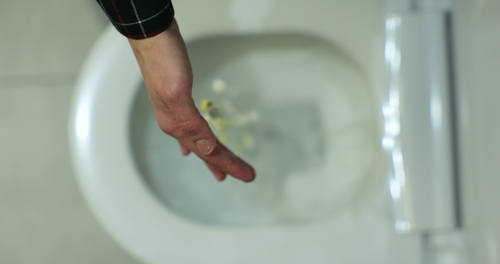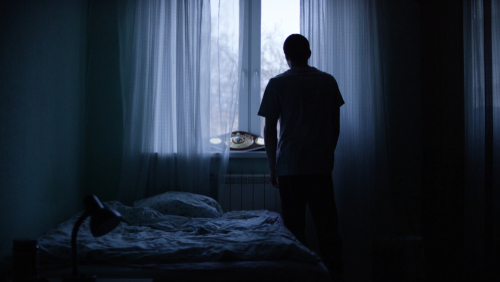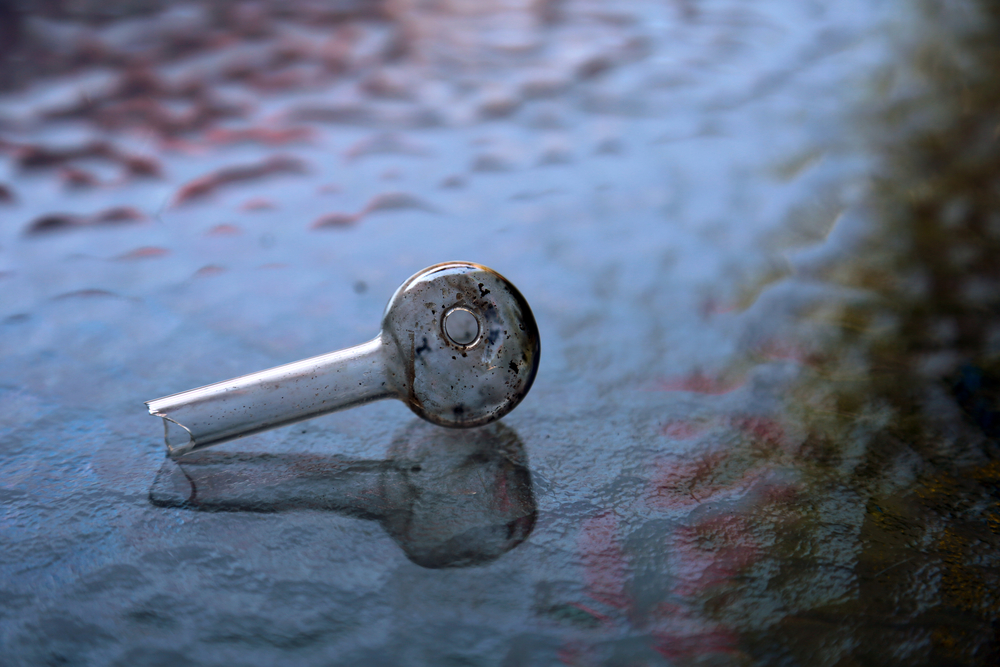According to recent surveys, meth use in the U.S. has steadily risen over the past few years. Nearly 1% of Americans aged 12 and up reported using meth in 2021. While the percentages seem small, that equates to around 2.5 million people currently using this highly addictive and dangerous drug.
In 2022, about 0.2% of 8th, 0.3% of 10th, and 0.5% of 12th graders said they had used meth in the past year. Though the numbers seem tiny, teen meth use is too much. This age group is especially vulnerable to the effects of drugs on the developing brain. Places that never had a strong meth presence are now seeing more labs, overdoses, and addiction rates rise.
Detoxing from meth at home isn’t easy, but it can be done. You’ll need to prepare by stocking up on supplies, clearing your schedule, and finding a strong support system. The road ahead won’t be easy, but if you commit to your recovery and push through the withdrawals, you can detox from meth and rebuild your life.
This guide will explore how to detox from meth at home, from preparing for withdrawals symptoms to coping with cravings. You can overcome your addiction and get your life back on track. Stay focused on your goal, believe in yourself, and keep putting one foot before the other.
Why Detoxing From Meth At Home Is Difficult But Possible
Detoxing from meth at home is challenging but doable if you commit to it. Meth is highly addictive, both physically and psychologically. Your body has to re-adjust to functioning without it, which takes time and patience. The physical meth withdrawal symptoms can be intense, but the rewards of overcoming addiction are life-changing. Here are three key components to making at-home meth detox possible.
Professional at-home detox programs: Thanks to clinical advancements, there are many professional home detox providers that can monitor the entire process and provide medications to help with comfort.
Strong support systems: Tell family and friends about your plan so they can check in on you and encourage you. Consider joining an online support group to connect with others going through the same struggle.
Safe spaces: Prepare your living space by clearing it of any meth paraphernalia. Ask a friend or family member to stay with you during detox for support. Avoid triggers like people or places that encourage your meth use. The more time passes without using them, the less power those triggers will have over you.

Stages Of Meth Withdrawal
Early withdrawal (Days 1-2): The first couple days of meth detox at home will likely be the most difficult. You can expect intense cravings, fatigue, excessive sleeping, irritability, anxiety, mood swings, and lack of motivation or pleasure.
Acute withdrawal (Days 3-7): Symptoms tend to peak around days 3 to 7 of detox. You may experience stronger cravings, difficulty concentrating, insomnia, lack of appetite, physical discomfort, and depression or suicidal thoughts.
Post-acute withdrawal (Days 8+): Some symptoms can last for weeks or months after the initial detox. Be prepared for ongoing challenges like mood swings, cravings, and difficulty coping with stress, strong emotions, or relationships.
With time and patience, the challenging symptoms will fade. Stay committed to your recovery — you can get through this and build a healthy, addiction-free life.
Read more: What Are Meth Sores?

How To Prepare For At-Home Meth Detox
To detox from meth at home, you need to prepare properly. First things first, clear your schedule for at least two weeks. Meth detox is difficult; you’ll need time to rest and recover. Stock up on supplies like:
Hydrating fluids: Drink plenty of water, juice, and herbal tea to avoid dehydration and flush the meth out of your system. Have electrolyte drinks on hand as well to replenish nutrients.
Over-the-counter medications: Take ibuprofen, acetaminophen, antidiarrheals, and antacids to relieve withdrawal symptoms like body aches, headaches, diarrhea, and stomach issues. You may also want to ask your doctor about medications for anxiety, insomnia, and depression.
Nutritious foods: Buy foods high in nutrients but easy to digest, such as rice, bananas, oatmeal, and broth. Avoid heavy, greasy foods which can irritate your stomach. Fresh fruits and vegetables provide vitamins and minerals to support your health during detox.
Comfort items: Gather extra blankets, pillows, tissues, a vaporizer, and ice packs to keep you comfortable. Entertainment like books, movies, music, and games can help distract you from withdrawal symptoms.
Support system: Tell close family and friends about your plan to detox so they can offer encouragement and help if you need it. Consider joining a support group to connect with others going through similar experiences. A strong support system will increase your chances of overcoming your meth addiction.
Read more: Does Your Body Detox From Drugs When You Start Eating Healthy?

Staying Meth-Free: Next Steps After Your At-Home Detox
Detoxing from meth isn’t the last thing you need to do. Here are some helpful tips that can help you focus on your recovery goals and avoid meth use in the future.
Go to outpatient treatment: Not all addiction treatment centers require clients to stay overnight and commit to three months away from home. There are various meth addiction programs that only require clients to visit during the day and return home with brand-new skills they can apply on the spot.
Support groups and meetings: Connecting with others struggling with meth addiction can help keep you accountable and motivated. Look for support groups in your area, like 12-step programs. Online forums and message boards are also helpful when in-person meetings are impossible. Hearing others share their experiences staying clean can inspire you in your recovery.
Avoid triggers: Avoid places and people that trigger your cravings. This could mean ending relationships with friends who still use meth or avoiding areas where you used to score and use drugs. Try new routines and habits to break associations with your past meth use. The more you avoid triggers, the less power they have over you.
Stay busy and distracted: Idle time and boredom are dangerous for recovery. Stay busy with work or school, hobbies, exercise, socializing, volunteering, or learning a new skill. Having a routine and structure will help fill the time you used to spend using meth. Staying active and distracted can help avoid cravings and keep your mind occupied.
Deal with cravings: Cravings are a normal part of recovery and will decrease over time. But when they strike, they have a plan in place. Go for a walk or do some light exercise like yoga. Call a friend or family member. Remember why you want to stay clean and how far you’ve come. The craving will pass, even if it feels unbearable at the moment. You have the power and determination to overcome it.
Be patient with yourself: Staying meth-free is challenging, and there may be setbacks. Don’t be too hard on yourself if you slip up. Get back to your recovery plan and learn from your mistake.
Every day free is an accomplishment. Stay focused on your progress rather than perfection. With time and practice, sobriety will become second nature. You can do this! Stay strong and keep going.

Professional At-Home Meth Detox
Thanks to clinical advancements, MD Home Detox can help individuals detox from meth right in the comfort of their own homes. Clients are monitored by professional detox staff and doctors who will check their vitals, track their progress, and provide medication to help with withdrawal symptoms. Detox isn’t something that needs to be scary, and our detox team is ready to help. Call today to learn more about our programs and if M.D. Home Detox is right for you.

